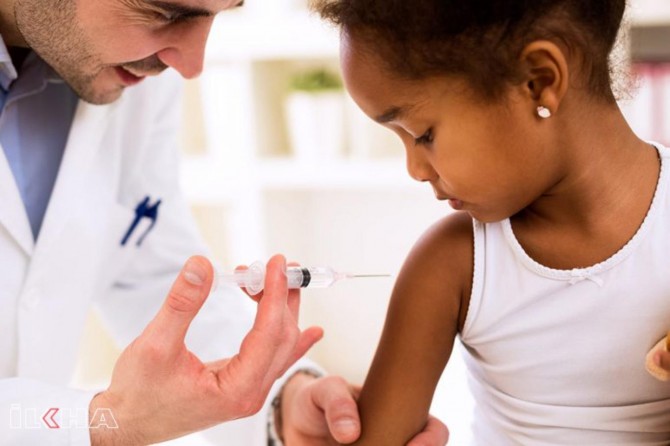
Vaccine saves life: UNICEF
The United Nations Children's Fund has launched #VaccinesWork campaign to support vaccination activities on immunization week 2019.
The United Nations Children's Fund [UNICEF] launched a new global campaign to emphasize the strength and credibility of vaccines for parents and broader social media users.
The campaign will be held throughout the World Vaccine Week, which will coincide with the 24-30 April, to spread the message that the entire community, including parents, can come together and protect everyone through vaccination.
Vaccines act as a shield, protecting children and newborn babies from dangerous diseases and saving up to 3 million lives each year, said UNICEF.
Yet, there are still nearly 20 million unvaccinated and under-vaccinated children in the world today. These children are at risk of serious illness, complications, and even death.
Many parents want to vaccinate their children, but cannot because they do not have access to healthcare. However, increasingly, some parents are choosing not to.
This reluctance often stems from misconceptions about vaccines, or complacency about the likelihood of getting infected. That is why staying informed about the benefits of vaccines – and the risks of not getting vaccinated – is more important than ever.
This World Immunization Week, UNICEF is launching a global campaign to emphasize the power and safety of vaccines among parents and social media users.
From 24-30 April, the Bill & Melinda Gates Foundation will contribute US$1 to UNICEF for every like or share of social media posts using the hashtag #VaccinesWork, up to US$1 million, to ensure all children get the life-saving vaccines they need.
On the other hand, UNICEF has warned in a statement that over 20 million children worldwide missed out on measles vaccine annually in the past 8 years, creating a pathway to current global outbreaks.
An estimated 169 million children missed out on the first dose of the measles vaccine between 2010 and 2017, or 21.1 million children a year on average, UNICEF said on Thursday.
Widening pockets of unvaccinated children have created a pathway to the measles outbreaks hitting several countries around the world today.
"The ground for the global measles outbreaks we are witnessing today was laid years ago," said Henrietta Fore, UNICEF Executive Director.
"The measles virus will always find unvaccinated children. If we are serious about averting the spread of this dangerous but preventable disease, we need to vaccinate every child, in rich and poor countries alike."
In the first three months of 2019, more than 110,000 measles cases were reported worldwide, up nearly 300 percent from the same period last year. An estimated 110,000 people, most of them children, died from measles in 2017, a 22 percent increase from the year before.
Two doses of the measles vaccine are essential to protect children from the disease. However, due to lack of access, poor health systems, complacency, and in some cases fear or skepticism about vaccines, the global coverage of the first dose of the measles vaccine was reported at 85 percent in 2017, a figure that has remained relatively constant over the last decade despite population growth.
Global coverage for the second dose is much lower, at 67 percent. The World Health Organization recommends a threshold of 95 percent immunization coverage to achieve so-called 'herd immunity'.
ILKHA


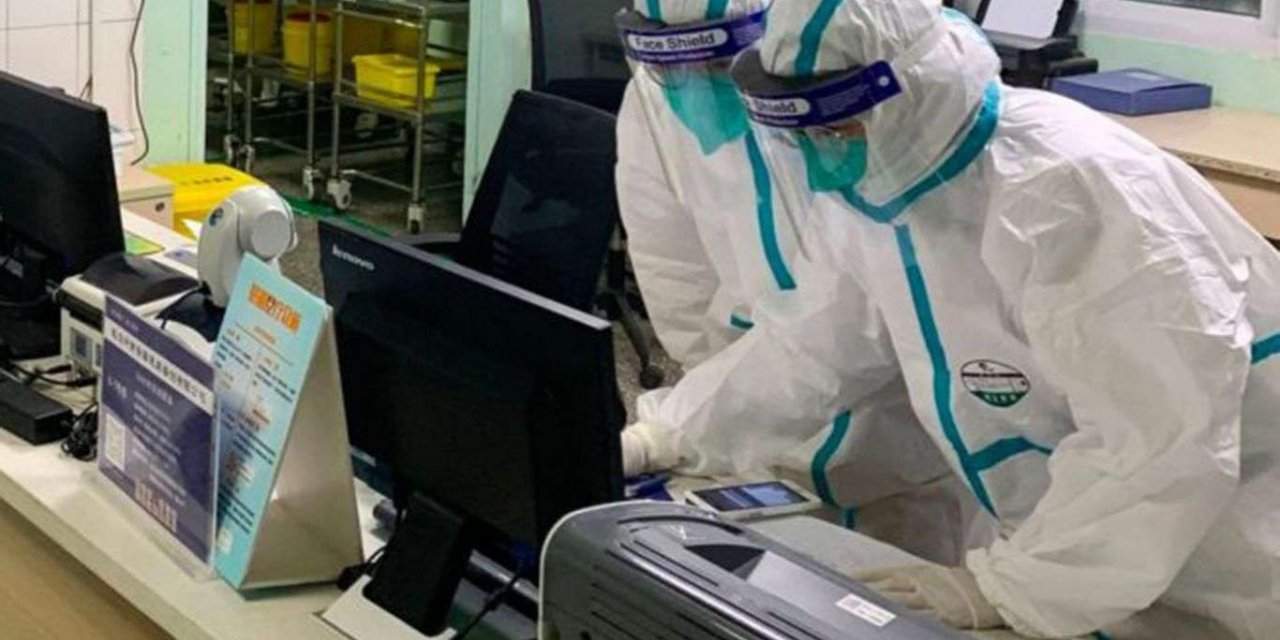
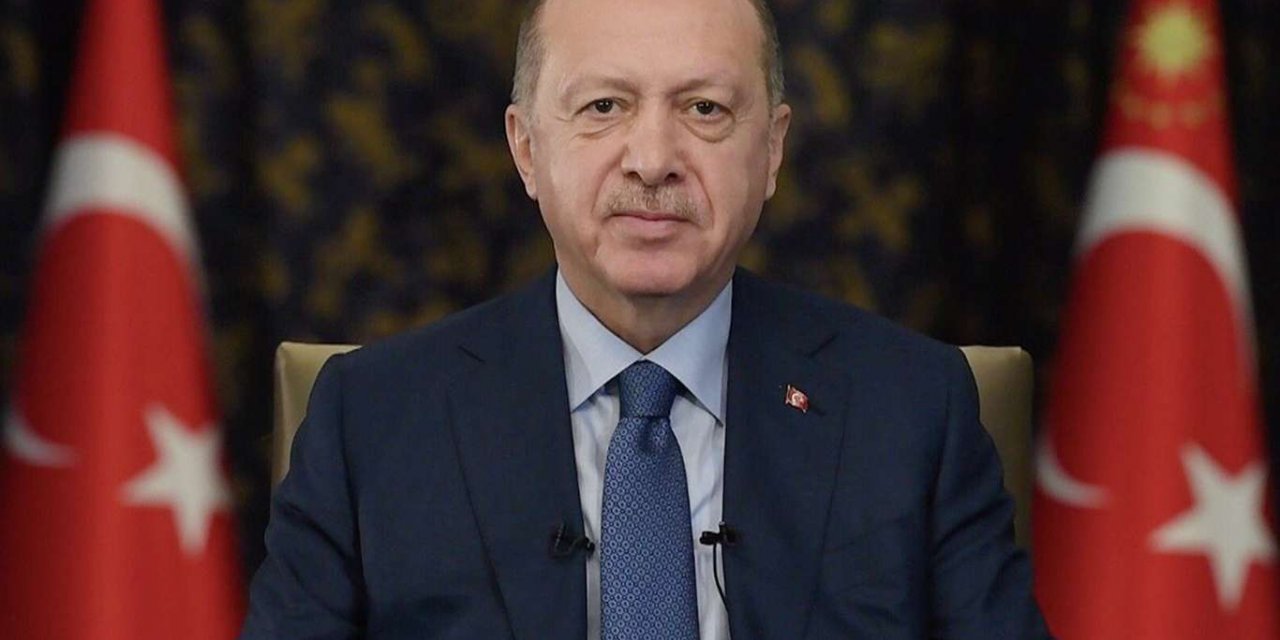
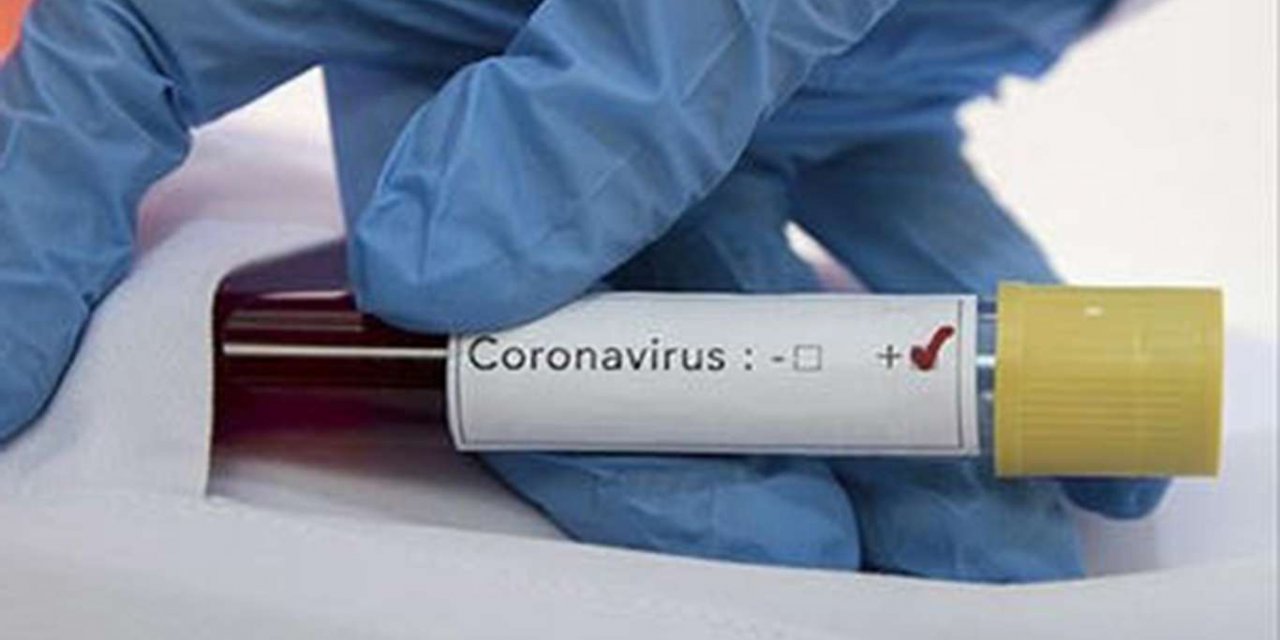
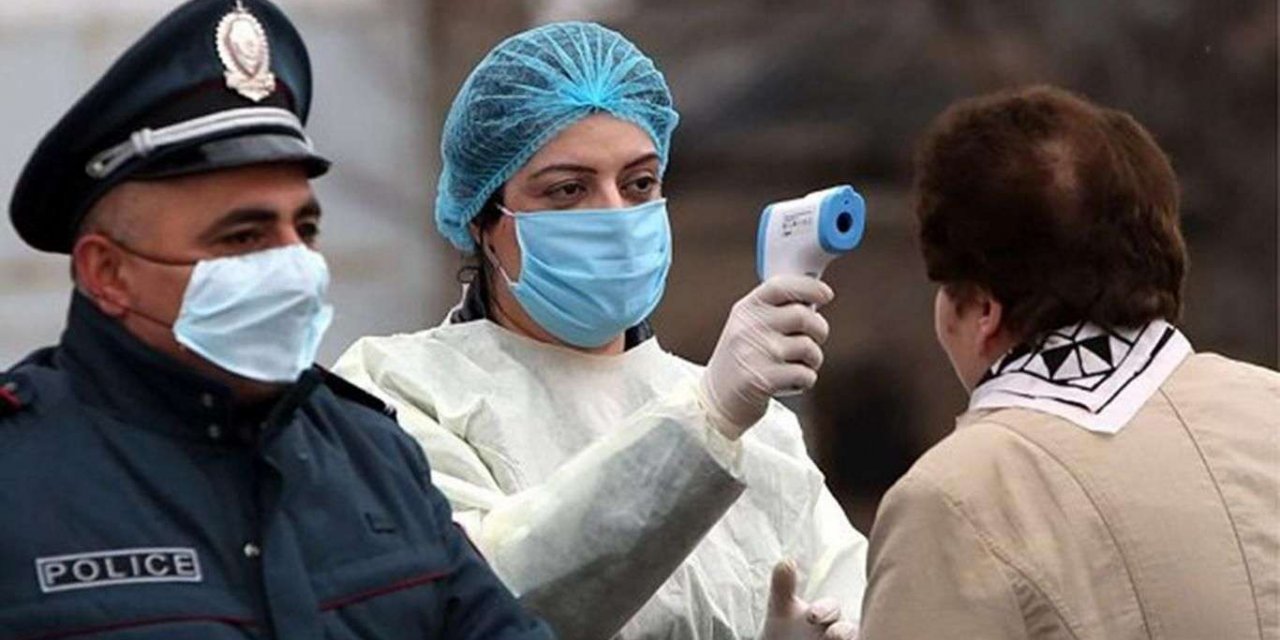
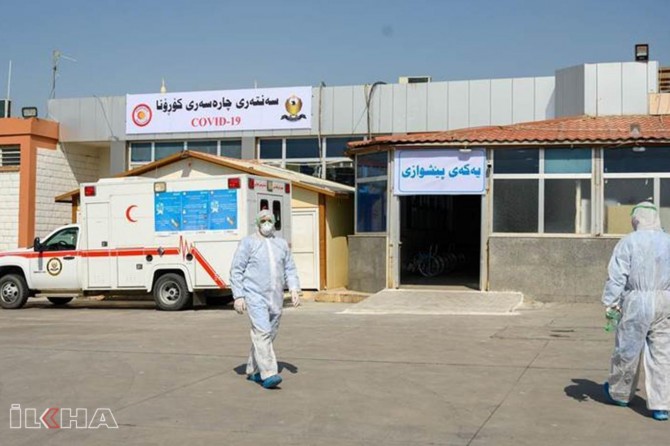
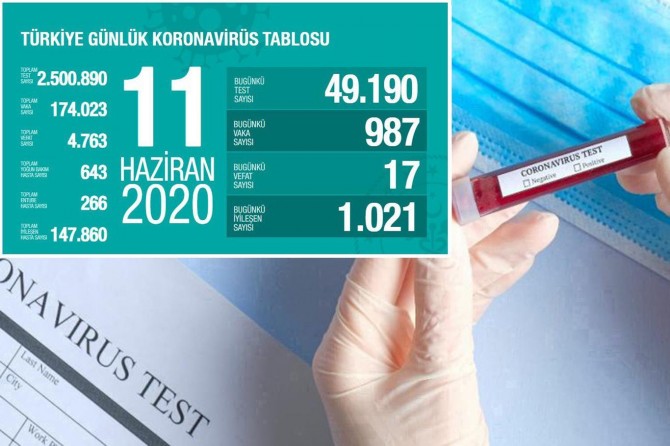
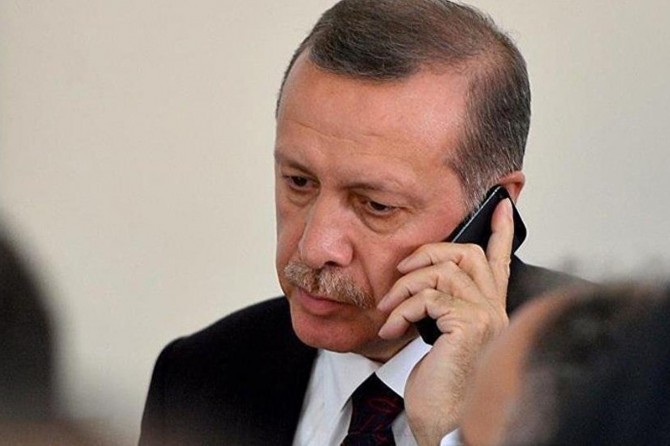
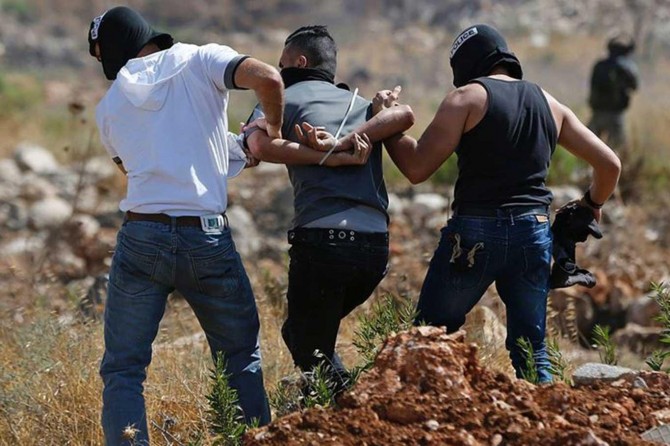
Türkçe karakter kullanılmayan ve büyük harflerle yazılmış yorumlar onaylanmamaktadır.